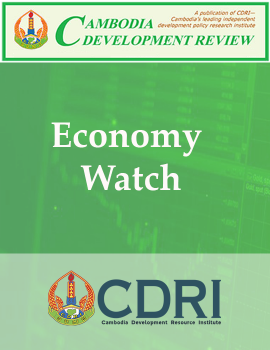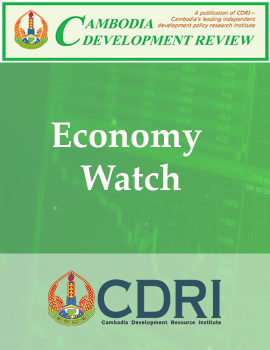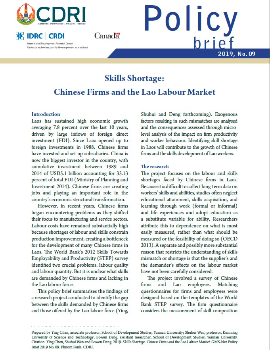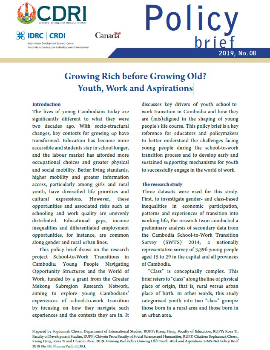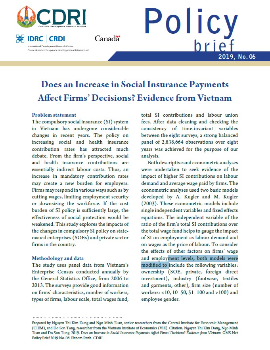Centre for Development Economics and Trade
The Centre for Development Economics and Trade (CDET) conducts applied and policy researches focusing on Cambodia’s economy, trade and regional cooperation. We monitor Cambodia’s economic management and performance; provide evidence-based economic policy analysis; and engage in local and regional dialogues to inform policymaking. Our research has a strong link to national policies, particularly the Rectangular Strategy (Phase IV) and the National Strategic Development Plan (2019-23). Specifically, we contribute to two pillars of the NSDP: Economic Diversification, Private Sector and Market Development; and Sustainable and Inclusive Development. Our delivery mechanism includes policy and academic research, capacity building, knowledge dissemination and sharing, and policy influence and outreach. Our research agenda falls within five broad development areas: economic development, focusing on sustainability and inclusion; trade and regional cooperation; private sector development, focusing on small and medium enterprises; employment and employability, with a cross-cutting theme on gender and youth; and data for research and development (D4RD). We have extensive experience on regional cooperation and research projects, working with think tanks and research institutes in ASEAN and the Mekong region. The Greater Mekong Subregion Research Network (GMS-Net) is an example of such collaboration.
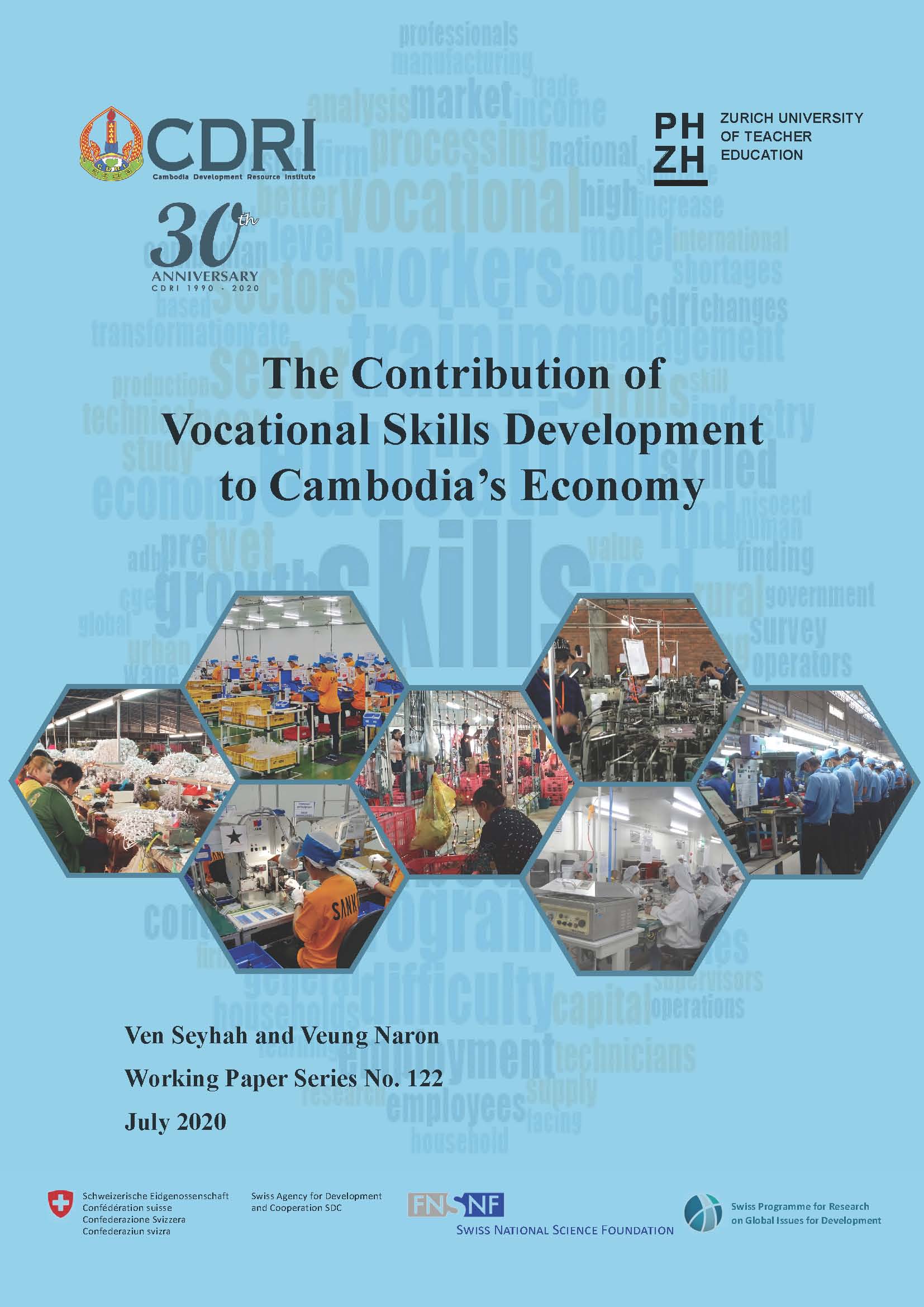
The Contribution of Vocational Skills Development to Cambodia’s Economy
In recognition of the importance of a well-trained workforce for socioeconomic development, the Rectangular Strategy Phase IV has put human resource development at the forefront of the Royal Government of Cambodia’s (RGC’s) development priorities (RGC 2018). The Industrial Development Policy (IDP) 2015-2025 was adopted as a guide to advance Cambodia’s manufacturing industry as a key economic secto...
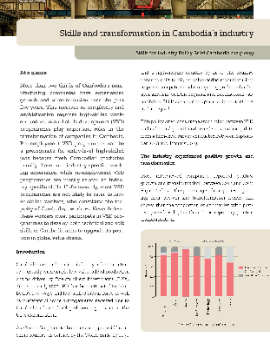
Skills and Transformation in Cambodia‘s industry
More than two thirds of Cambodia’s manufacturing companies have experienced growth and transformation over the past five years. This increase in complexity and sophistication requires high-skilled workers and vocational skills development (VSD) programmes play important roles in the transformation of companies in Cambodia. Pre-employment VSD programmes can be a prerequisite for entry-level high-sk...

Cambodia in the Electronic and Electrical Global Value Chains
This paper maps Cambodia’s participation in Electronic and Electrical (E&E) value chains using trade statistics. It also conducts SWOT analysis based on both qualitative and quantitative data from a E&E firm survey, from which three major conclusions are drawn. This paper argues that E&E production in Cambodia has expanded rapidly with countries in different development levels featuring coordinate...
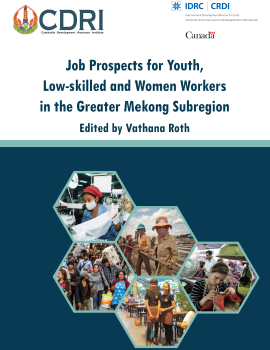
Job Prospects for Youth, Low-skilled and Women Workers in the Greater Mekong Subregion
This publication is a collection of 11 original research papers on six themes: earnings inequality; labour market regulation and wage setting; safety nets for low-income, low-skilled workers; private sector engagement in skills development; implications for labour market policies and institutions of the ASEAN Economic Community; and strategies to scale up investment in programs that support decent...











